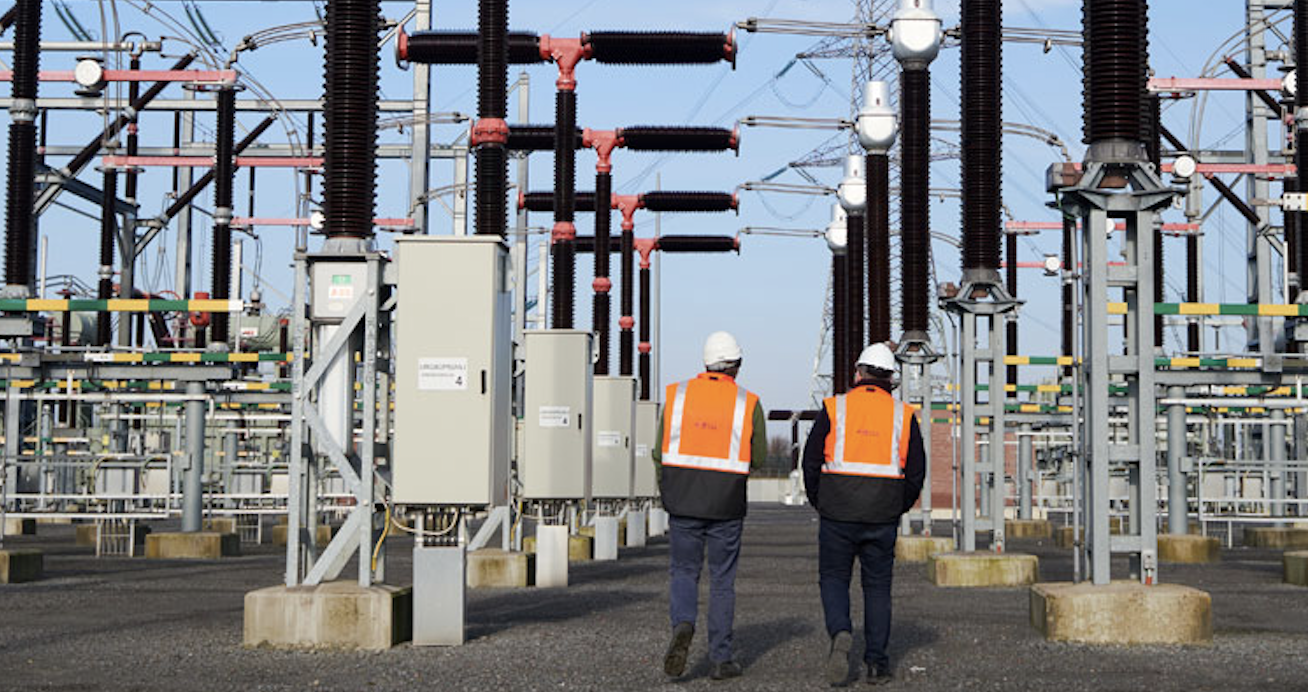
CREG rejects higher return for Belgian grid manager Elia

High-voltage grid operator Elia is asking for an unplanned increase in return on equity. For the federal regulator CREG, this is out of the question /Elia
Federal energy regulator CREG rejects a proposed increase in return on equity sought by Belgian high-voltage grid operator Elia. On the side


Comments
Ready to join the conversation?
You must be an active subscriber to leave a comment.
Subscribe Today